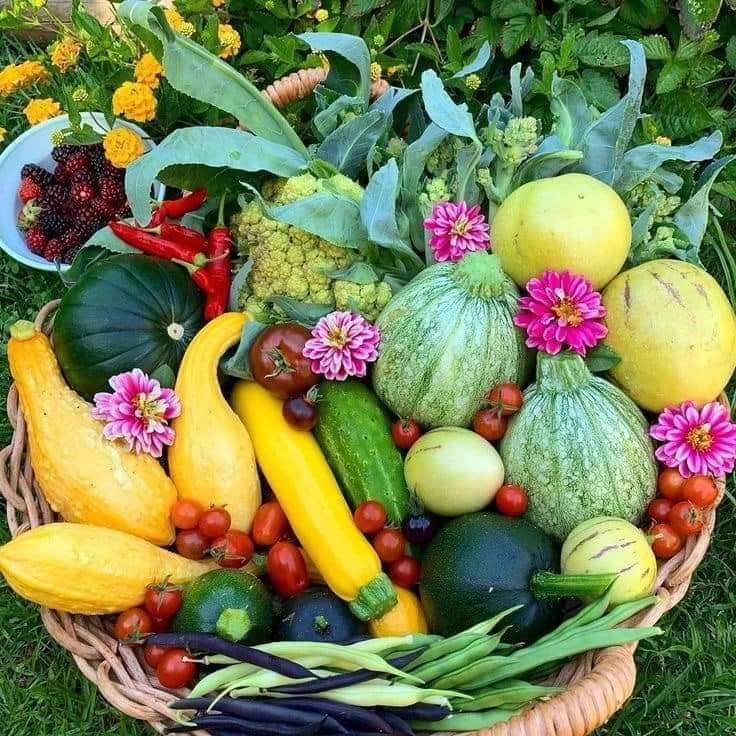
What are earthworm castings good for?
When the worms in your bin consume food waste, tea bags, and other organic materials, waste (worm castings) is produced and released inside the worm bin. The benefits associated with these organic materials.
Improves Soil Structure, Aeration, and Plant Health
Promotes the best soil structure and aeration. The bacteria in worm castings are ideal for plant growth. It contains beneficial microbes that protect plants from disease and promote nitrogen, helping plants grow vigorously. One of the most important benefits of worm castings is that it is entirely natural. While some chemical fertilizers may speed up certain processes, we do not know the long-term effects of them, especially when it comes to growing crops consumed by humans. The high levels of nutrients and trace elements in worm castings make them like a diverse multivitamin for your soil. They have all the benefits of commercial fertilizers but are 100% natural. Earthworms benefit gardens in many different ways. As they move through soil, they create spaces that allow air, water, and nutrients to reach plant roots. But they also leave behind their castings - a product that can improve the soil environment for indoor and outdoor plants.
How Earthworm Castings Improve Soil
Naturally rich in organic matter and beneficial microorganisms, worm castings make gardens richer, providing essential nutrients for plants, including iron. Humus in worm castings helps increase soil's capacity for water retention, improve soil aeration, and anchor plant nutrients that would leach away and be lost. Castings also provide nutrients for beneficial soil microorganisms to produce, store, and slowly release plant nutrients into the soil to feed your plants.
Benefits of Earthworm Castings for Plants
Worm castings improve seed germination, plant growth, flowering, and fruit production. Castings also curb certain plant diseases such as root rot, leaf spot, and blight, and they inhibit some harmful insect species such as whiteflies and beetles.
You should mix worm casting when you start planting and spread them around the base of tree monthly during spring and summer.
I used this way to feed my Fig trees and they are grow very well as you see.
Happy Gardening
Written by Helen Pham
